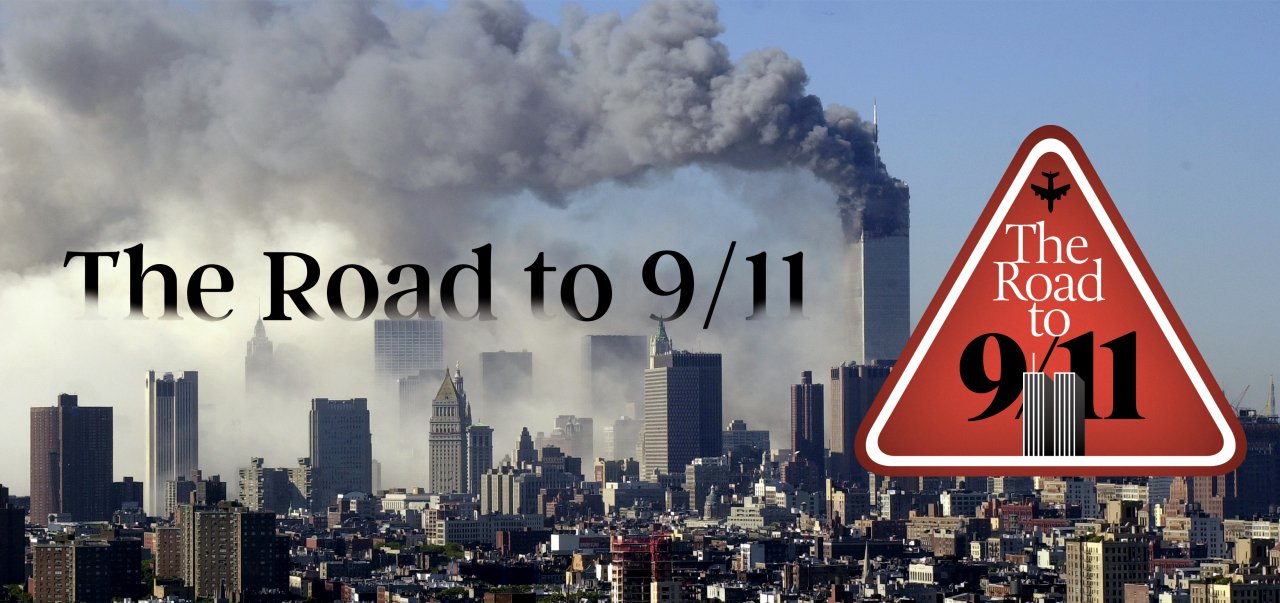
'Zero Hour': Intercepted Communications Signaled an Imminent Terrorist Attack
In this series, Newsweek maps the road to 9/11 as it happened 20 years ago, day by day.
On September 8 the National Security Agency (NSA), the nation's signals-intelligence organization, intercepted its first communications indicating a possible imminent impending terrorist attack. Between September 8th and 11th, the NSA would intercept telephone calls and other transmissions, but neither translate them into English nor disseminate them.
Going back as early as August 27, allied signals agencies would intercept other communications indicating the gathering storm. On that day, an al Qaeda member in Madrid says over a telephone, "In our lessons we have entered the field of aviation. We've even cut the throat of the bird." NSA would later determine that a more accurate translation of the last sentence is probably, "We are even going to cut the eagle's throat," which they take to be a reference to the impending attacks on America.
On September 10, the NSA reportedly intercepted two communications between monitored individuals with terrorist connections. One says: "The match is about to begin," and the other that "Tomorrow is zero hour."
Former Senator Bob Graham later wrote in his book "Intelligence Matters" that one communication from Afghanistan says that "the big match" was scheduled for the next day. The other referred to the next day as "zero hour."

The NSA historian James Bamford writes, "... NSA's vacuum cleaner swept in two more messages culled from the day's electronic haystack. The first contained the phrase 'The match begins tomorrow,' and the second said 'Tomorrow is zero hour.' But even though they came from suspected al Qaeda locations in Afghanistan, no one would translate them until September 12."
In excusing its sloth and lack of focus, the intelligence community will later argue that the warnings did not provide any indication of where, when, or what activities might occur. The lack of attention to known al Qaeda communications from Afghanistan is startling given that, between May and July, the NSA reported at least 33 separate communications suggesting a possibly imminent terrorist attack.
The Intelligence Community thought at the time that one of them might have constituted a signal to proceed with terrorist operations. None of these intercepts provided specific information on the attack, but they were widely (and quickly) disseminated within the intelligence communications and drove the highest alerts of 2001, particularly around July 4. In fact, on June 22, CIA director George Tenet is said to be "nearly frantic" over imminent threats based upon recent intercept. All of which makes NSA's lackadaisical approach around September even more puzzling.
Follow the Newsweek live tweet of September 11, 2001 (based upon the new book On That Day) starting at 4:45 a.m. EST @Roadto911.
Newsweek is reconstructing the road to 9/11 as it was constructed 20 years ago, day by day. Each day a new story will be published here. On September 11 we'll live tweet the events of the day, minute by minute, starting at 4:45 a.m. EST, @RoadTo911.




































